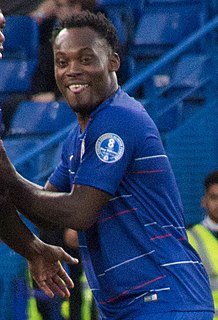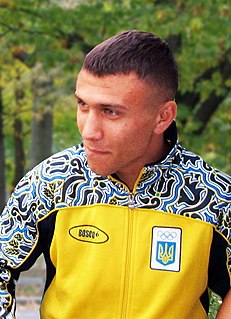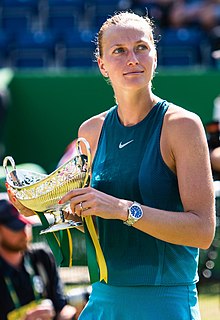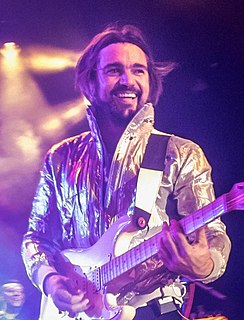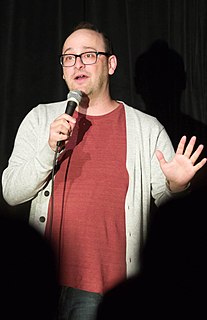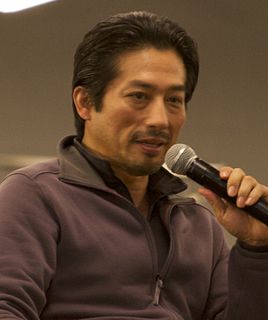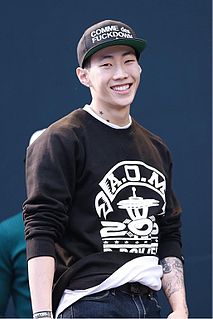A Quote by Michael Essien
I like Singapore; it is very clean. People speak English and are warm.
Related Quotes
What we can do in Singapore may not be doable elsewhere. Some things you know you need: you want efficient government, you want clean government, you want to do away with corruption, you must educate your people. You want to get housing and so on. All these are not such secrets, not so special to Singapore.
I speak English, obviously, Afrikaans, which is a derivative of Dutch that we have in South Africa. And then I speak African languages. So I speak Zulu. I speak Xhosa. I speak Tswana. And I speak Tsonga. And like - so those are my languages of the core. And then I don't claim German, but I can have a conversation in it. So I'm trying to make that officially my seventh language. And then, hopefully, I can learn Spanish.
Black English is something which - it's a natural system in itself. And even though it is a dialect of English, it can be very difficult for people who don't speak it, or who haven't been raised in it, to understand when it's running by quickly, spoken in particular by young men colloquially to each other. So that really is an issue.
